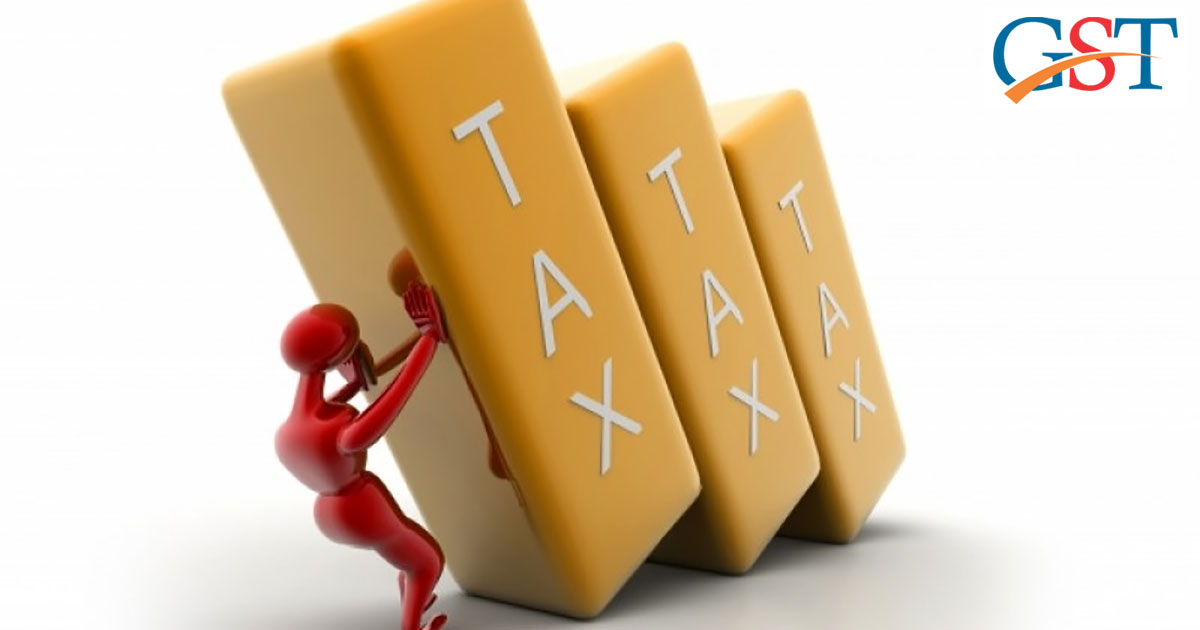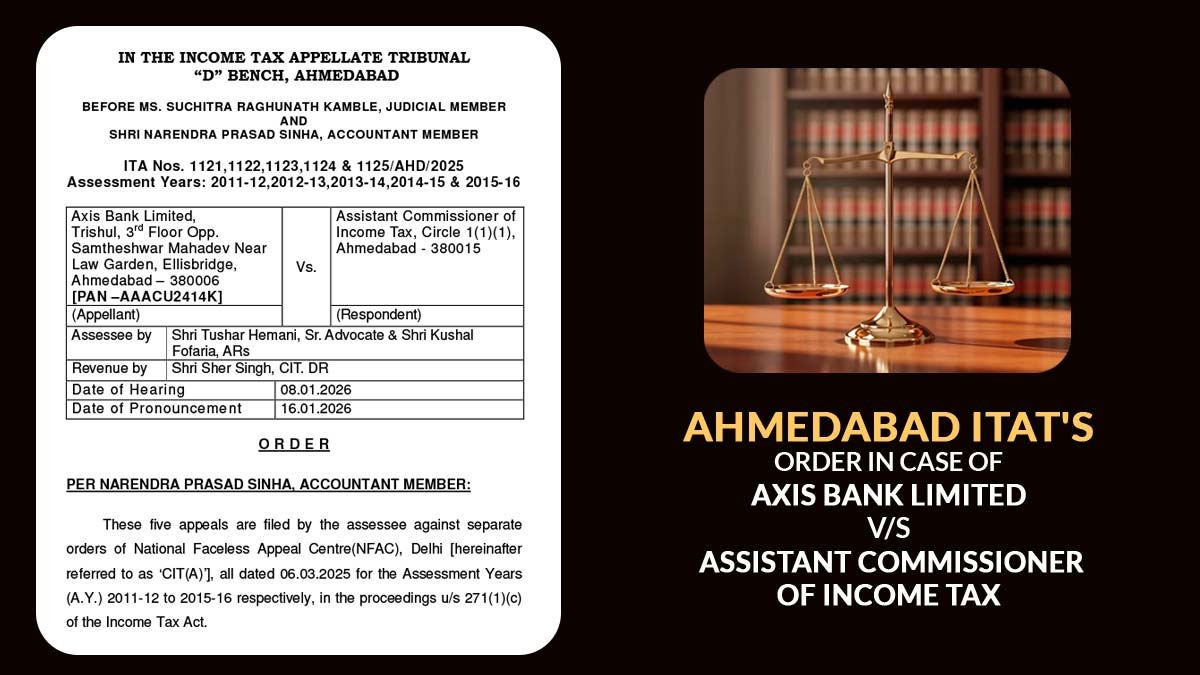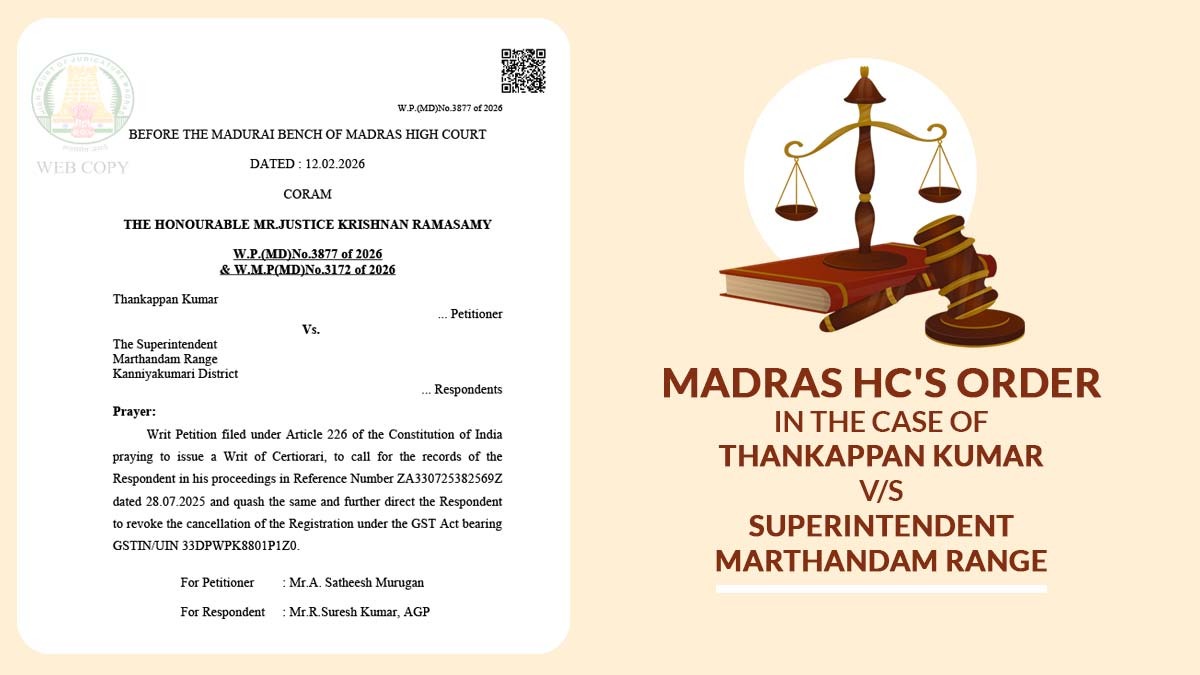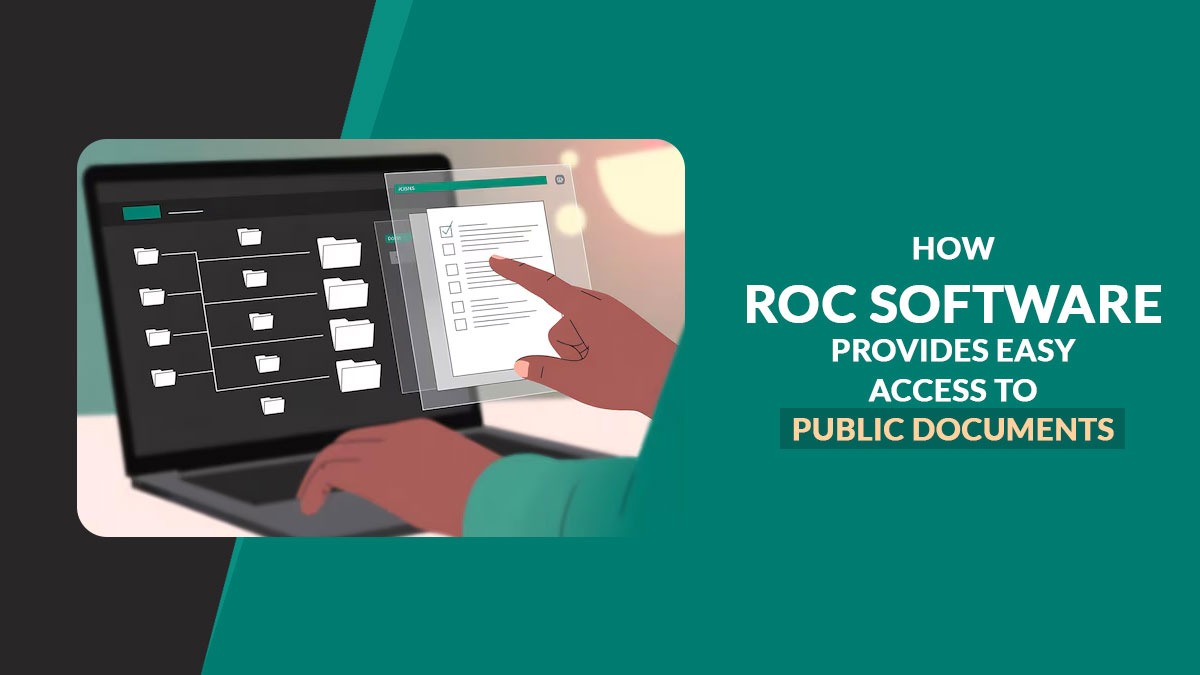The Reliance Jio plans in pricing the data and unlimited calls at less where benefited many consumers in providing services at lesser cost, on the other hand, have become a headache for other telecom operators as their bills slow down drastically.
What every subscriber pays to telecom companies, a part of that in form of tax goes to the government. In India, from every 1 Rs.30 paisa goes to government in form of direct and indirect taxes. This 30% tax is higher than any other neighboring countries like Bangladesh, Malaysia, Pakistan, China, and Sri Lanka.
Other countries charges from telecom operators in form of universal service obligation fund (USOF), spectrum usage charge (SUC), services tax, license fee, and goods and services tax. Previously, India was the third country levying highest taxes on telecom operators and now after GST implementation, it has become the first highest tax collecting country.
For example, India charges 29-32% in form of GST, license fee, and SUC charges, whereas China charges 11%, Pakistan charges 20.5-22%, Bangladesh charges 27.55%, and Malaysia charges 12.5%.
Explaining the same an Industry expert says, “High taxation rates mean customers are charged more by telecom operators here compared to the neighboring countries. The operators have brought down the tariffs over the past one year, but taxes still have a huge bearing on a tariff structure in the sector.”
As the operators are loaded with debt as well, they expect lower down in tax rates by charging SUC to 1% in short-term and zero after few years pass, GST to 5%, license fee to 3% and USOF rates to 3%. They mentioned that although these levies are meant to boost the government’s revenues from the telecom sector, the major spectrum auctioning has penetrated much money to its fund in past years.
Recommended: Goods and Services Tax Impact on Mobile Phone Manufacturers in India
So, we can expect a cutthroat competition in government and the telecom operators as it is less expected from the government to reduce the tax rate so easily when it is looking for a dip in revenues.










